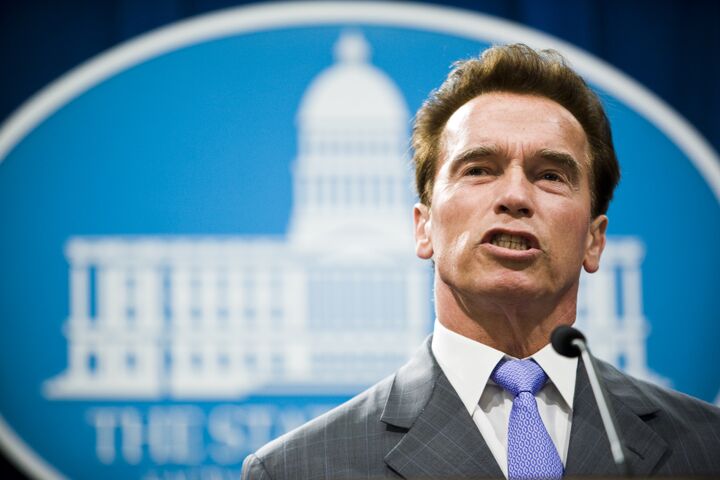
California Budget Crisis About to Affect People’s Everyday Lives
Ten days remain before California will begin defaulting on its obligations.
California is in crisis. Lawmakers can’t agree on how to balance the budget. And the truth is that there is no easy solution. Painful decisions will have to be made. And no matter what politicians decide, it is clear that the good times are over for the Golden State.
“Our state faces the most challenging budget in its history,” Gov. Arnold Schwarzenegger warned. “The combined effect of our structural deficit and the dramatic decline in revenues … have produced a two-year deficit of … nearly half of our projected 2009-2010 revenues” (emphasis mine throughout).
By some estimates, California’s current expenditures through fiscal year 2010 will reach $145 billion. And state revenue will only be around $100 billion—a massive $45 billion shortfall. And that is if the economy doesn’t deteriorate more than expected, and if the state doesn’t get hit with another wave of unprecedented lightning storms, fires, drought, or other natural disasters.
Lawmakers are at loggerheads over how the state is to cover expenses.
The state is spending so much money that Governor Schwarzenegger could fire every single California civil servant and still not come close to balancing the budget! Even if he also fired the other 149,000 legislative aides and people who work for the state’s courts or university systems (people not directly under the state’s control), he still couldn’t eliminate the deficit.
Lawmakers are spending so much money that California could become a state without employees and still not balance its books.
Alternatively, Schwarzenegger could close every single state prison, fire the guards, release all the prisoners—plus cut off all funding for health care across the entire state—and still be billions in the hole.
Governor Schwarzenegger has described this deficit as a rock upon California’s chest that is suffocating the state.
Already Schwarzenegger has ordered most state offices to close two Fridays a month beginning in February. The unpaid days off will effectively reduce employee salaries by around 10 percent.
But the situation is now so critical that state Director of Finance Michael Genest says that in just over a week, California will be forced to defer making payments on certain state commitments. Instead, he says, “the state will have to defer or pay with ious for most of its obligations.”
That is right; California will be reduced to sending out bits of paper indicating that at some point in the future, if finances ever allow, the state will make good on its bills.
What a dramatic turn of events for what was once arguably America’s most prosperous state.
Much of California’s problem stems from the fact that it is dependent on borrowing money to pay back old debt, as well as to finance new spending. To lawmakers, it was totally unexpected that lenders would ever grow shy of providing ever increasing amounts of money. Legislators somehow believed that, unlike individuals, the state could go on living beyond its means indefinitely. But now the unexpected has happened, and California’s creditors have cut it off, at least for now.
“Until we have solved our budget crisis and until the financial community sees that we are getting our act together, there’s no confidence out there in us,” Schwarzenegger told reporters last month, “and no one is going to buy our bonds.”
Astoundingly, some lawmakers are calling on Schwarzenegger to take a page out of President Obama’s book and spend additional money to create jobs.
California is reaping the consequences of having an economy based on debt and borrowing.
“We’ve been slipping downhill for years, and now we’re at the edge of a cliff,” says Jack Pitney, a political scientist at Claremount McKenna College. “ious and shortened school years are just two ways in which the budget crisis will directly affect Californians in their everyday lives.”
State Controller John Chiang says that tax refunds will be delayed, as will payments to state vendors and local social aid programs. Some rent and food assistance programs will be held back. Californians should also eventually expect permanently higher taxes, reduced services, and mounting job losses. Not a pretty picture, but one that looks likely.
Each day that passes without a new budget will necessitate even more cuts and tax increases, says Genest.
America be warned: As California goes, so goes the nation.




